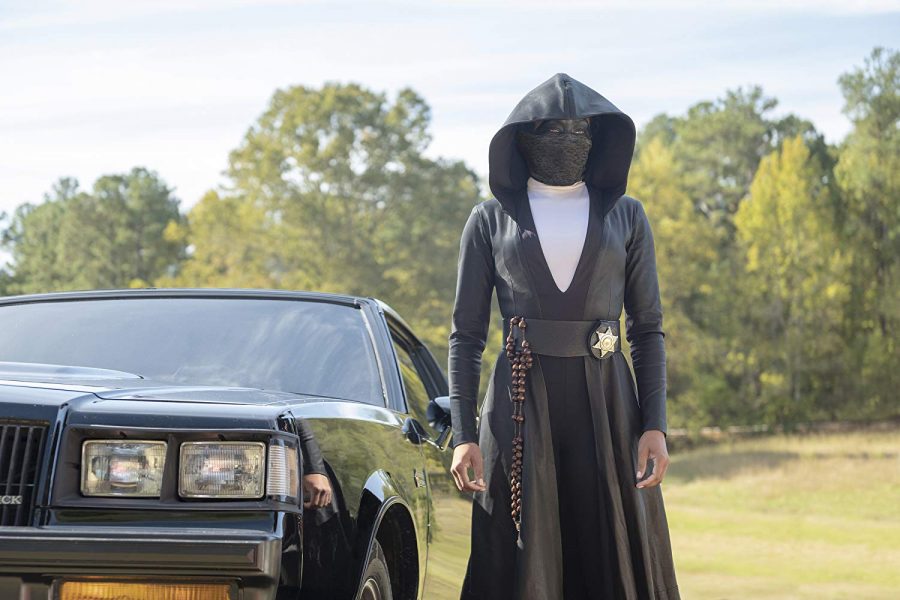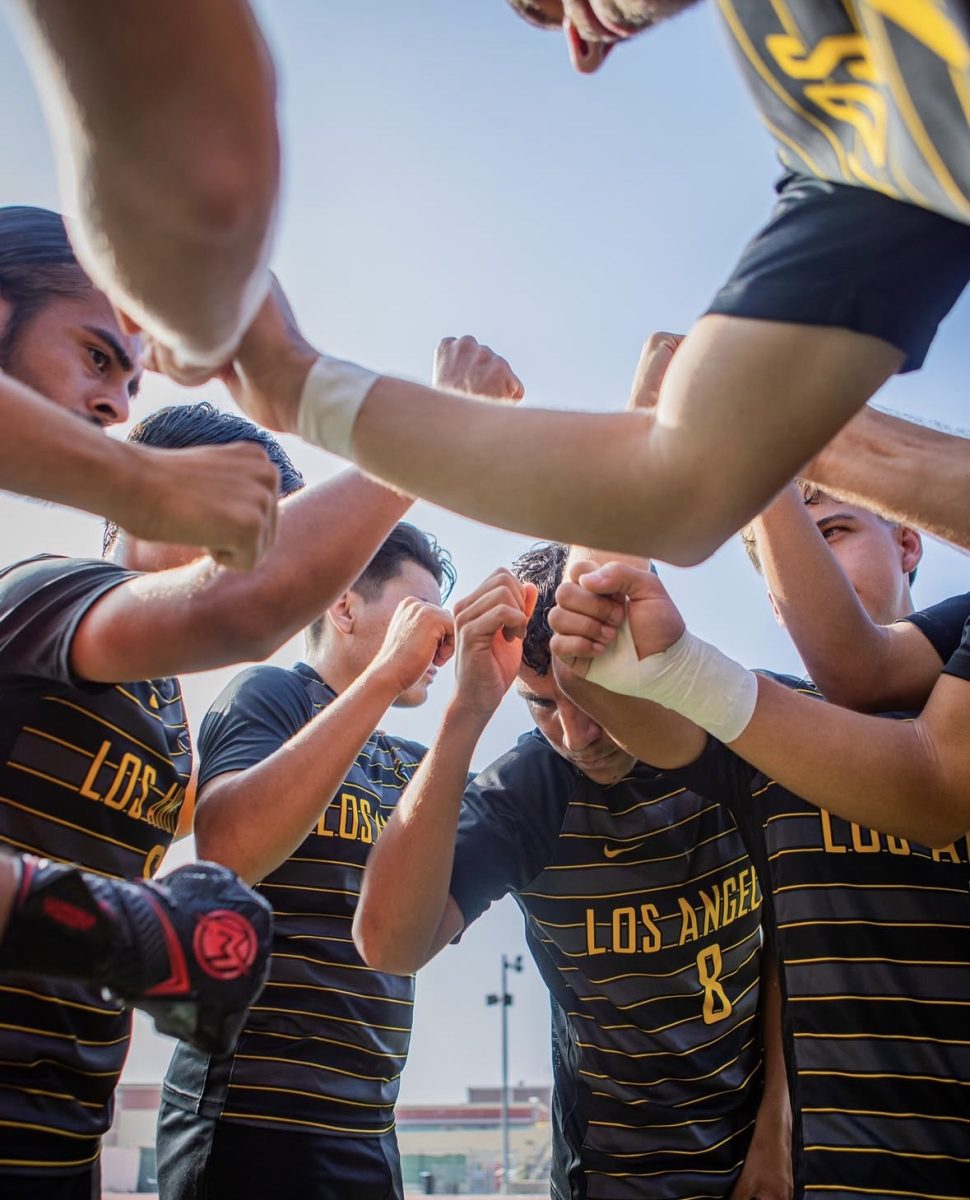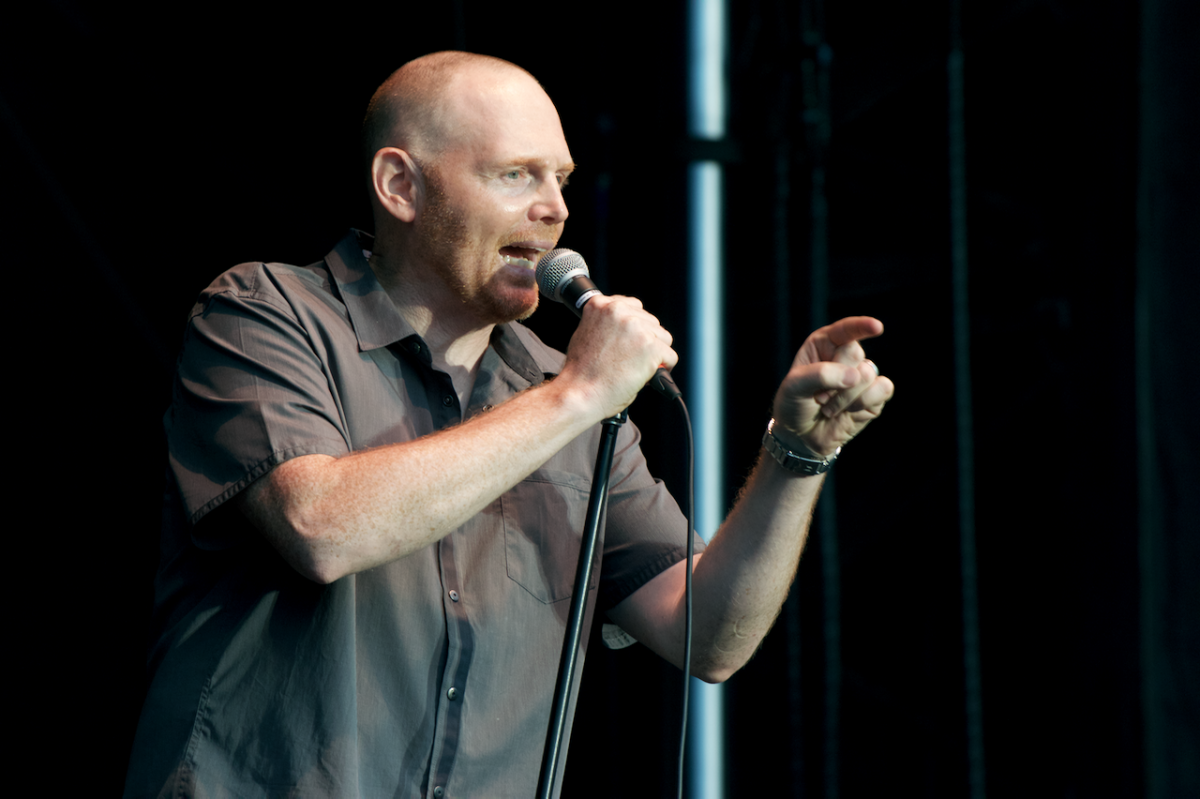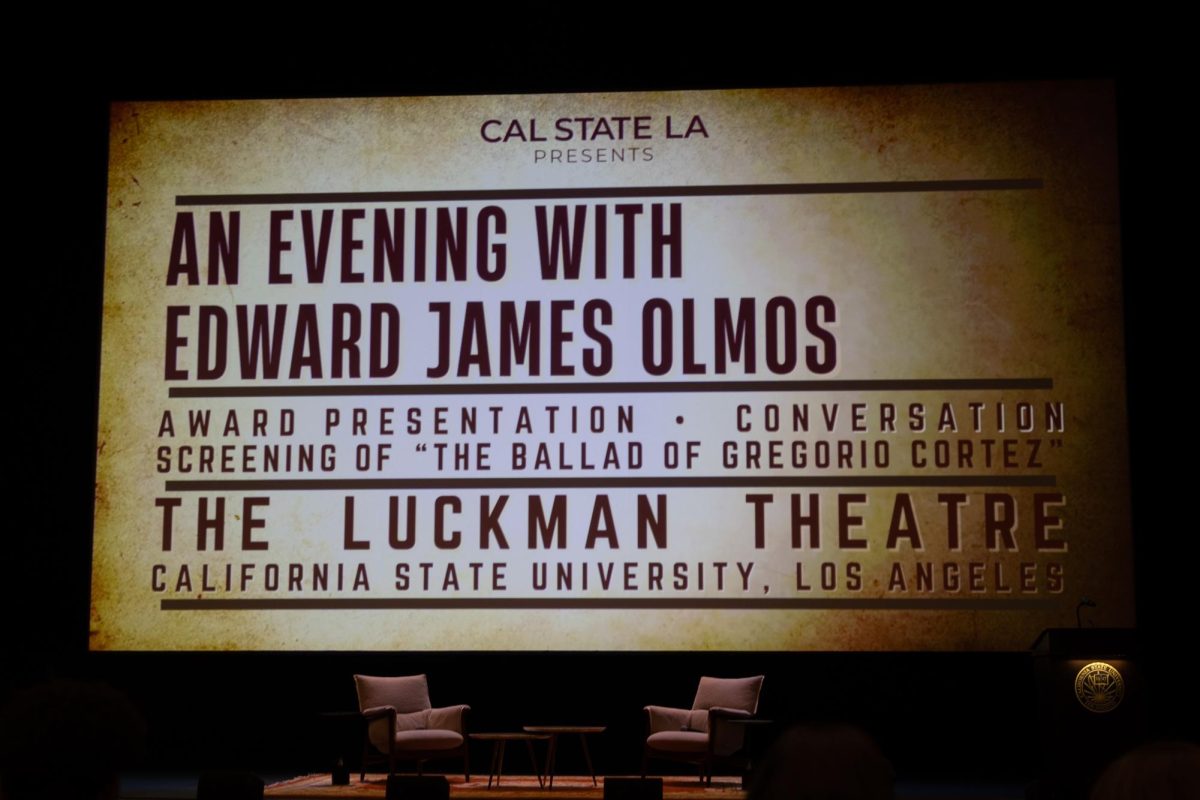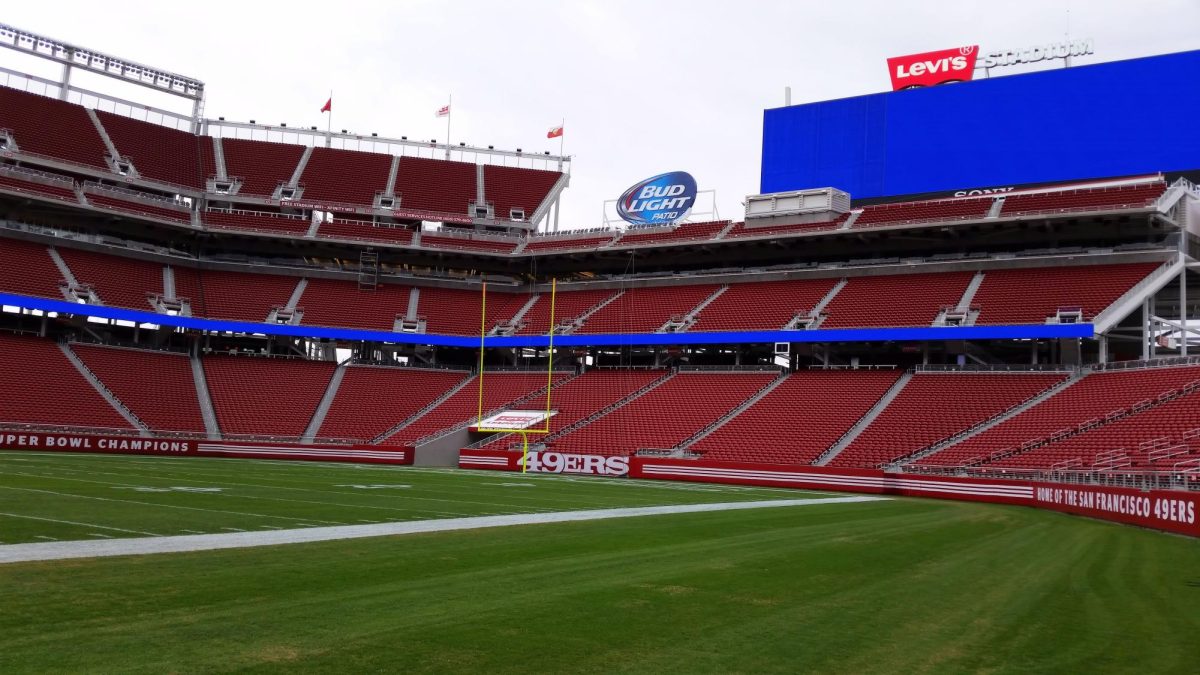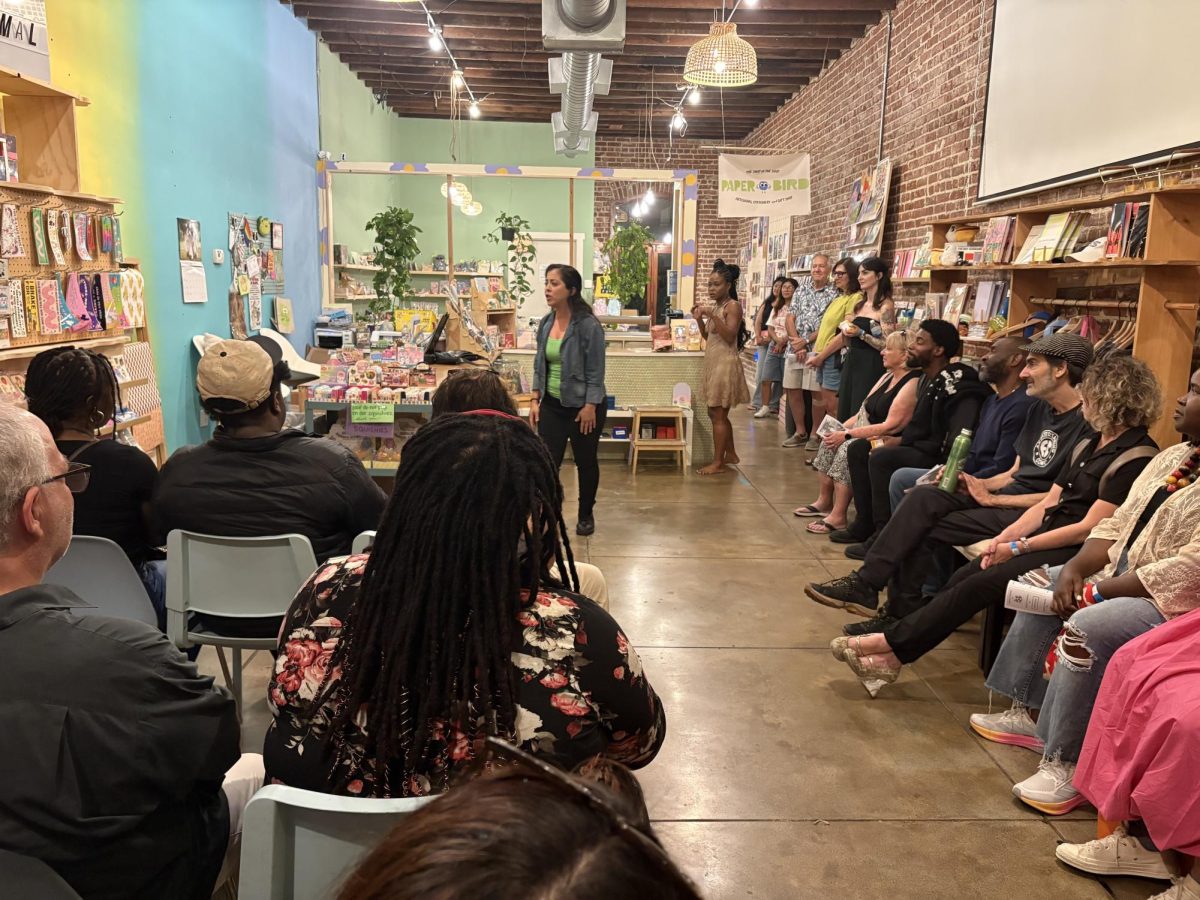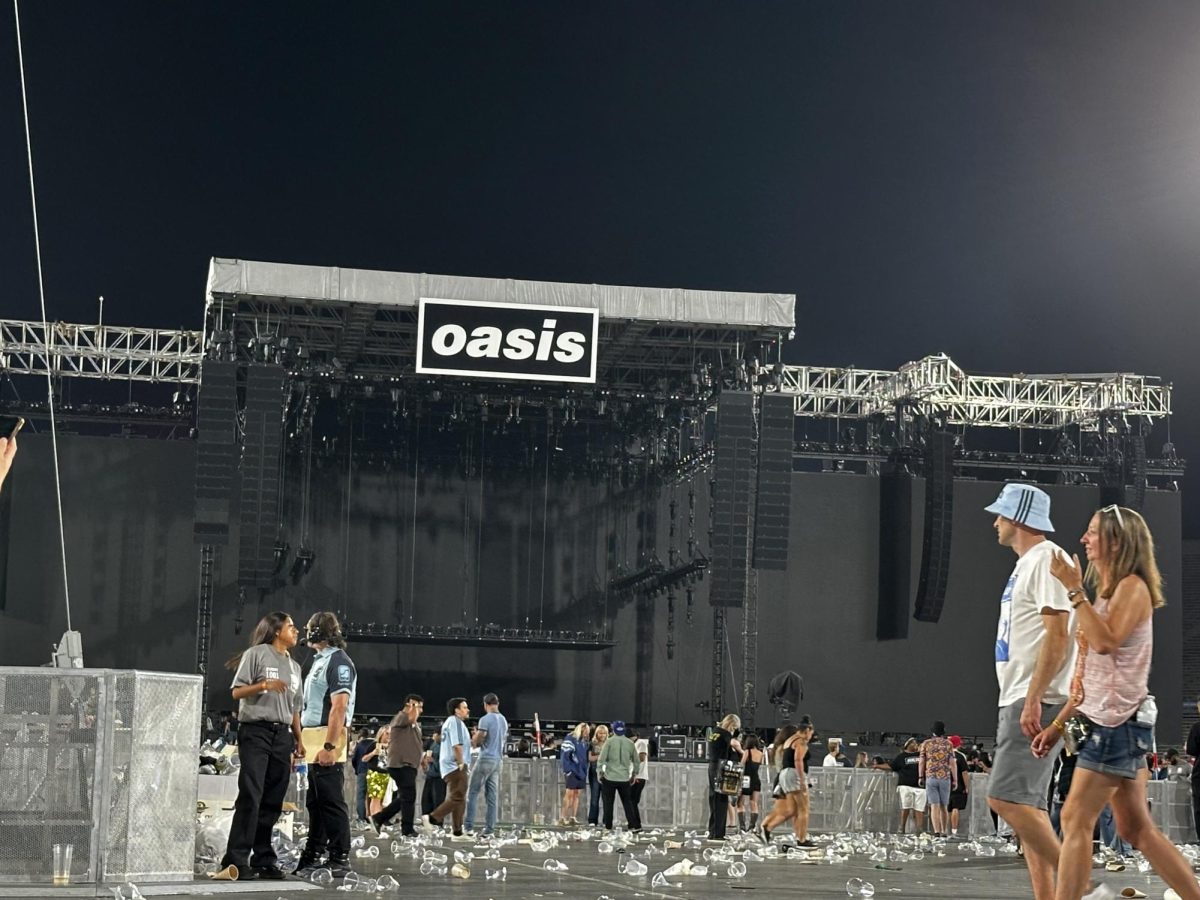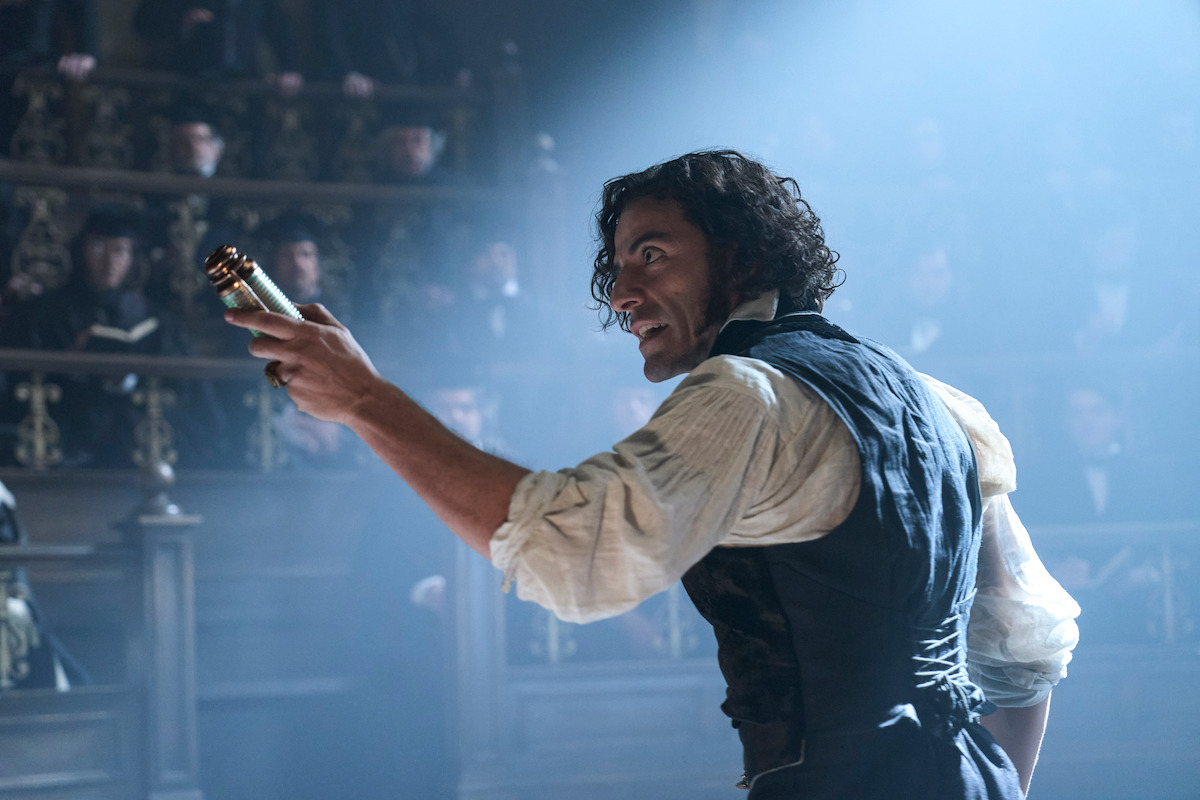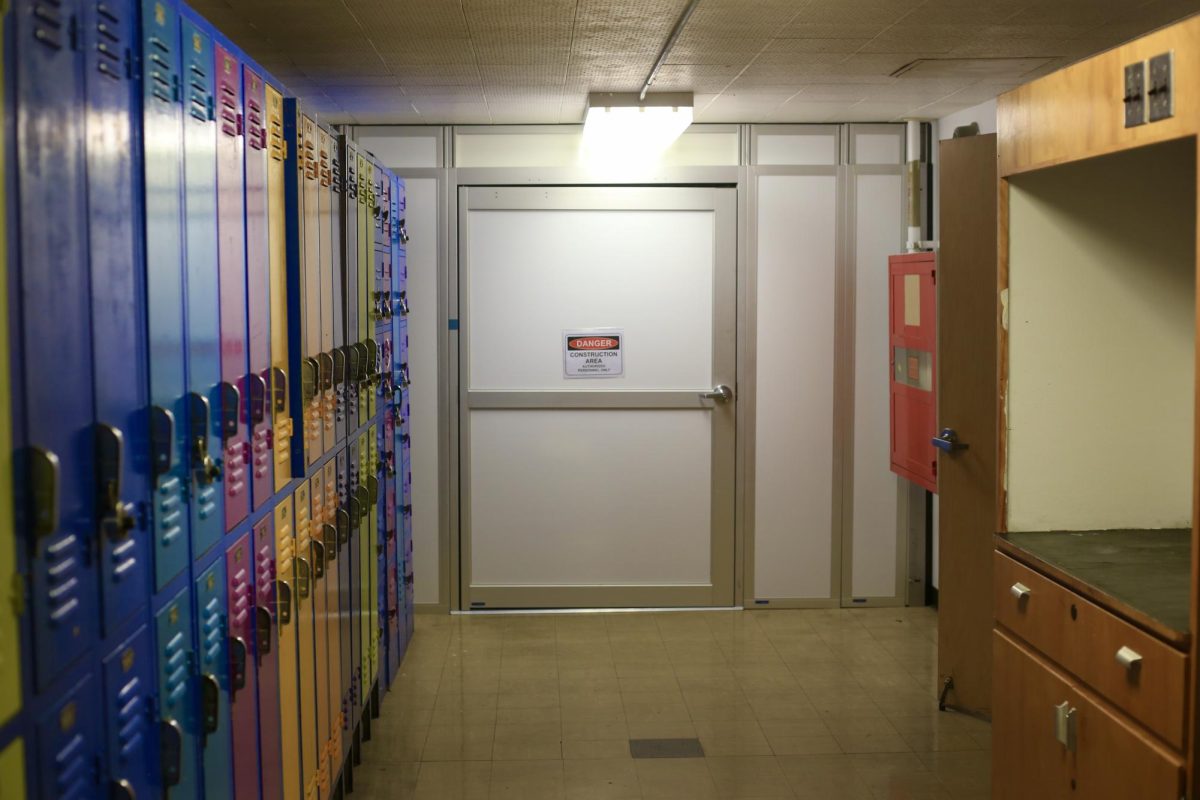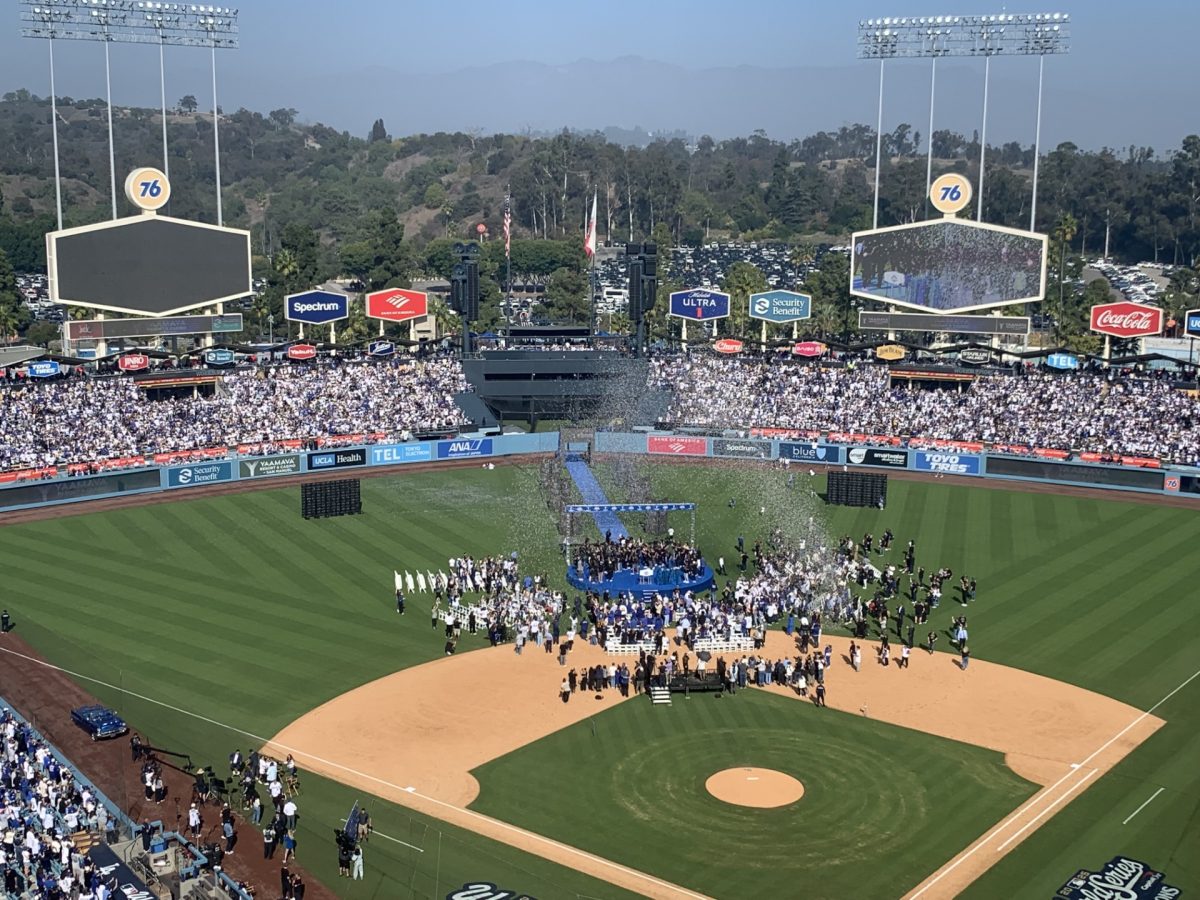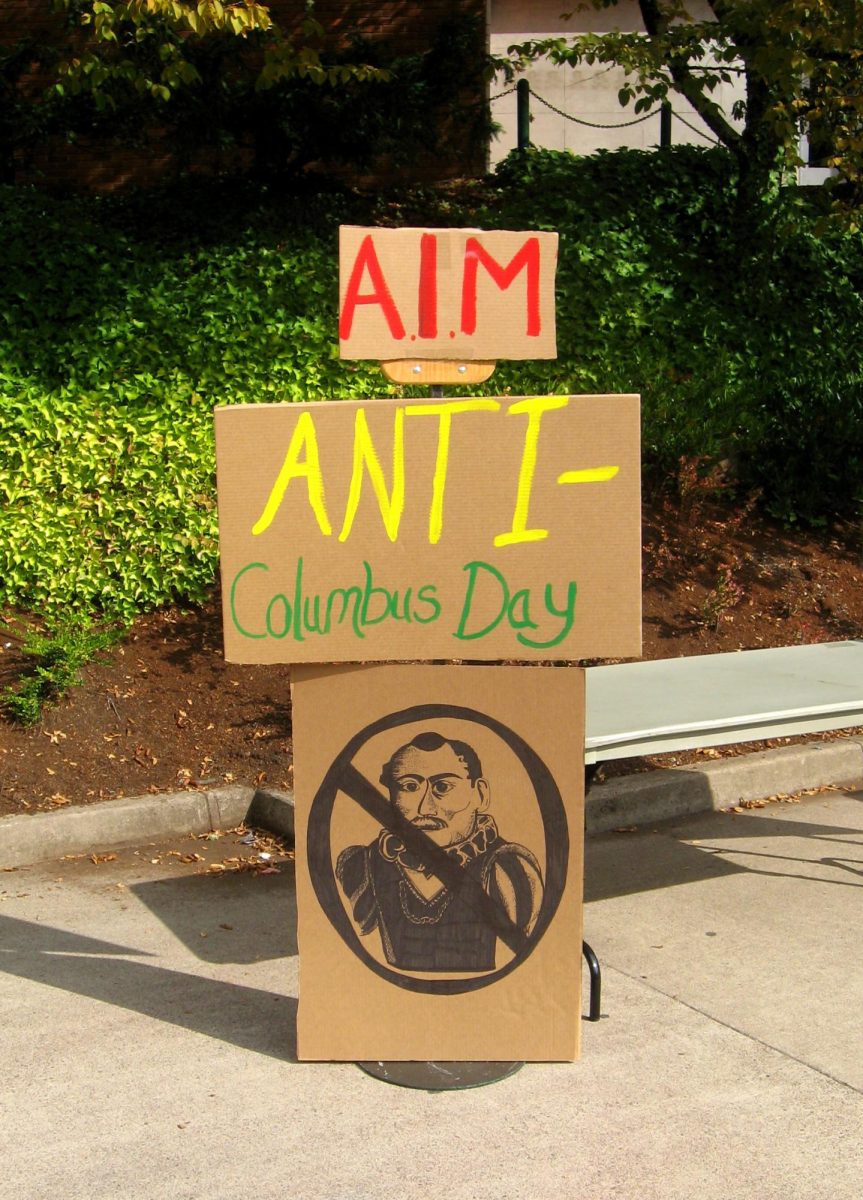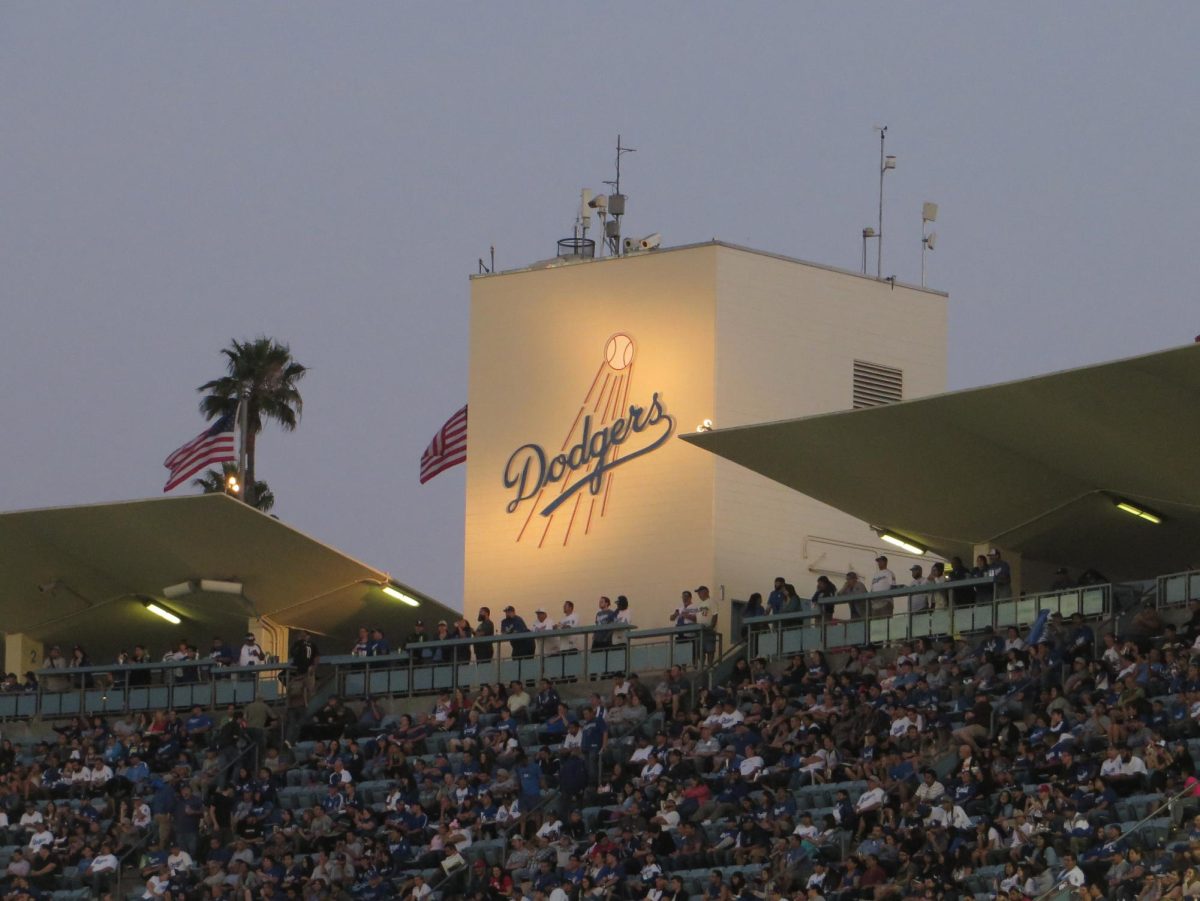The following contains major spoilers for the “Watchmen” comic.
HBO’s “Watchmen” debuted late last month, continuing not only the story of the original graphic novel, but also its political controversies.
From Panel to Screen
As a fan of the original, I was excited for the new program–and then I saw the trailer. Minus just glimpses of what resembled the late 1980’s source material of the same name, the show featured brand new characters, settings and scenes that looked like an entirely different story. Because it is. I just didn’t realize the show’s intention yet.
In my confusion after viewing the trailer, I looked at the number of dislikes and disgruntled comments on YouTube and realized I wasn’t the only fan whose expectations weren’t fulfilled.
I was not as angry as some of my more impassioned, or outright rageful, counterparts across social media, but the trailer prescribed my healthy dose of scepticism as I awaited for the pilot to stream.
It all made sense within the first few minutes. HBO’s “Watchmen” isn’t a direct adaptation; it extends the mythology of the 12-issue series into the present day. Whereas the comic is set in an alternate 1985, where the U.S. won the Vietnam War and Richard Nixon remains president, the “Watchmen” show takes that timeline and fast forwards to 2019.
The show isn’t written or consulted by the graphic novel’s author Alan Moore, as he’s vigorously disowned any adaption of his work, but it’s pretty close to what he’d probably create for our time. The ramifications from the comic presented in HBO’s interpretation are consistent with the kind of world Moore crafted.
For example, the persona of right-wing vigilante Rorschach is appropriated by a White supremacist terrorist organization, the Seventh Kavalry; the FBI has an anti-vigilantism branch, and the world remains fooled that the false flag New York attack originated from another dimension.
The Politics of “Watchmen”
However, the show is not just shallow fan fiction. Like its predecessor, it holds up a warped mirror to our current political landscape. “Watchmen” makes its themes clear, when the pilot opens with the 1921 Tulsa Race Massacre. The terrorist attack perpetrated by Whites destroyed businesses, homes and took lives from the prosperous Black community of Greenwood in what the New York Times called, “one of the worst outbreaks of racial violence in American history…” Despite the scale of the tragedy, the massacre is relatively obscure, evidenced shortly after the “Watchmen” premiere. #BlackWallStreet was trending on Twitter with a recurring theme: Twitter users were either unaware of the tragedy prior to the show (myself included) or they were grateful for the show bringing attention to it.
The second episode opens during WWI, with an African-American soldier intercepting German propaganda pamphlets, reminding him of the injustices he faces in the country he is fighting for. However, “Watchmen” isn’t here just to scrutinize the past.
Despite primarily taking place in 2019, racial tensions are still escalating in Tulsa. The Seventh Kavalry has resurfaced after being dormant for a while, and the show’s lead, Angela Abar, an undercover female detective of color is cracking down on them.
To add on, a reparations-like program called “Redfordations,” named after progressive President Robert Redford, has been implemented to benefit descendants of racial violence and injustice. It’s one major factor that’s stirred racial tensions particularly enraging poor rural Whites. This same community of Whites are a haven for members of the Seventh Kavalry; potentially upsetting (in real life) the already isolated Middle America that’s fighting the coastal states in the ongoing culture wars.
On the official HBO “Watchmen” podcast, Executive Producer Damon Lindelof cited Charlottesville, along with the Tulsa massacre, as part of the inspiration for the show. Lindelof has made clear the show isn’t shy about focusing on race.
“Watchmen” is both a reflection and active part of the country’s identity politics conflict; presented through the left-wing “Hollywood” lens that’s part of the mainstream media, which some members of the right abhor.
Moore indicated in an interview with The Comics Journal that his original 80’s comic espoused “anti-reaganism.” It makes sense for “Watchmen” 2019 to be anti … well, you know. However, Moore admitted to Entertainment Weekly that he didn’t want to offend audiences by having Ronald Reagan as president in his story, so he opted for the disgraced Nixon to fulfill that role.
HBO’s “Watchmen” seems less concerned with polarizing an already divided country. One scene from the premiere perfectly embodies the show’s boldness, and for some, its shamelessness.
In a cyberpunk-esque interrogation room, Detective Looking Glass, sporting a mirror-like reflective mask to hide his identity, is questioning a suspected Seventh Kavalry member. To detect signs of political affiliation, he asks questions about conspiracy theories, and flashes images of Rorschach ink blots. A key question to test the suspect: “If I defecated on the American flag, how would that make you feel?” The show emphasises it’s not afraid to go there as it immediately goes further. The suspect doesn’t seem to understand the question so Looking Glass rephrases it: “If I took a shit on the American flag, how would that make you feel?”
Looking Glass is an overt symbol when interrogating the suspect, who does turn out to be “Seven K.” While face-to-face with him, Glass is reflecting America’s hateful past, while confronting the present evil. The suspect is forced to look into the “mirror” mask; not unlike how the show challenges its audience to reflect on the country’s racism.
I’m reminded of a famous line from the comic. In a somewhat parallel scene, the Rorschach vigilante has been imprisoned and mandated to see a psychologist. Sitting across from each other, the doctor holds up a Rorschach test and tells his patient, “Go on, tell me what you really see.”
HBO’s “Watchmen” is in itself a Rorschach test for our politically riotous country. Conservatives may see yet another piece of Social Justice Warrior propaganda that forces identity politics down our throats while Liberals may see a championing piece of art that righteously confronts the injustices past and current.

